Anti-hunting activists have won their long battle to ban bear hunting in New Jersey, at least for this coming 2021 season.
New Jersey, known more for turnpikes and urban sprawl, has the densest black bear population in the country, according to some experts. The bear population in New Jersey is estimated at about 5,000 animals or about one-third of the black bear population in Montana — a state nearly 17 times the size.
New Jersey has long relied on hunters to keep those big predator numbers in check, as do all states with viable big-game populations. That is a foundational element of the North American Model of Wildlife Conservation.
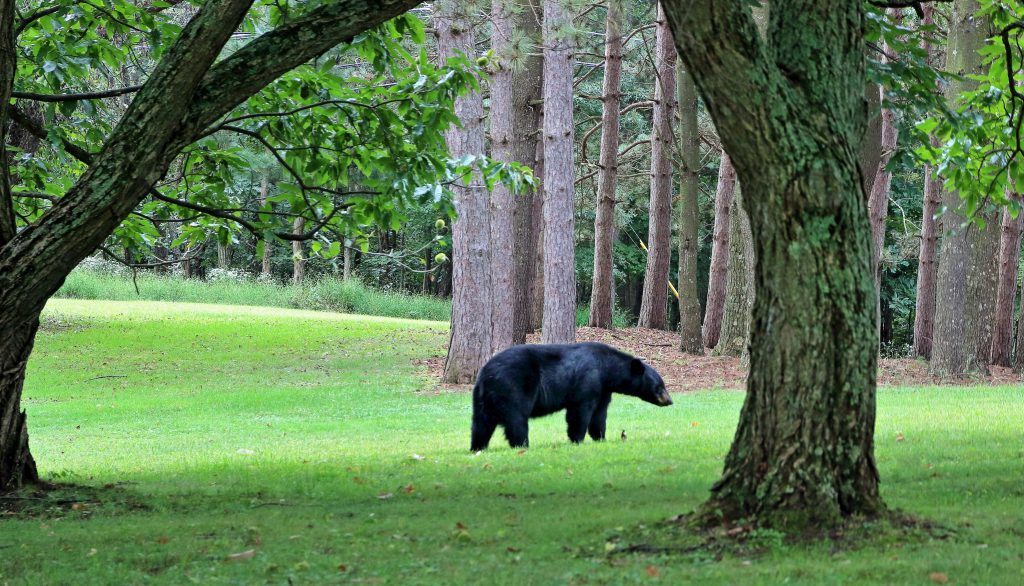
The process of creating a hunting season in New Jersey requires the commissioner of the state Department of Environmental Protection — who is appointed by the governor — to sign off on an updated bear management plan. As per New Jersey law, every seven years, a coalition of wildlife managers, outdoorsmen, farmers, and biologists submit this comprehensive plan to the commissioner for managing each game species in the state, including bears.
On June 21, 2021, the state’s Comprehensive Black Bear Management Policy (CBBMP) expired. In accordance with a 2007 New Jersey Supreme Court ruling, if the CBBMP is not signed by the current commissioner, there can be no bear hunting season.
Gov. Phil Murphy, an outspoken critic of the New Jersey bear season, appointed Commissioner Shawn M. LaTourette in June. LaTourette has avoided signing an updated bear management plan and effectively shut down the 2021 bear season in the process.
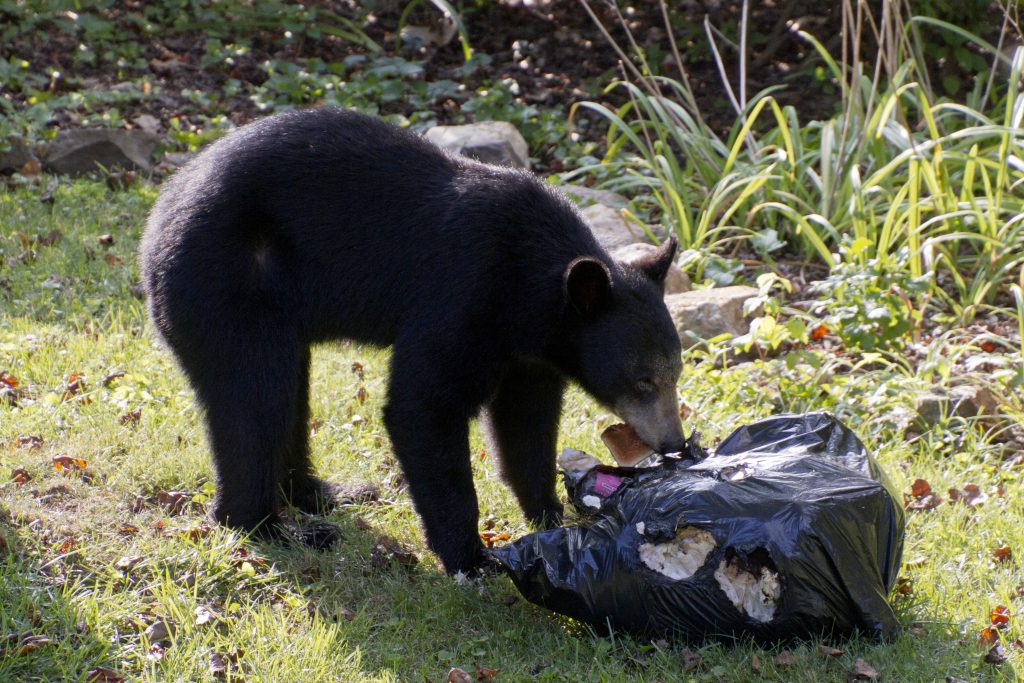
My brother, Jeffrey Burgholzer, a lifelong hunter and resident of Sussex County, New Jersey, which has the highest bear population in the state, has experienced the exploding bear numbers firsthand.
“There are more bears out here every year,” he said. “I rarely go a week without seeing one or having one get into my garbage. The animals will suffer from these policies.”
New Jersey breaks down bear-to-human interactions into three main categories.
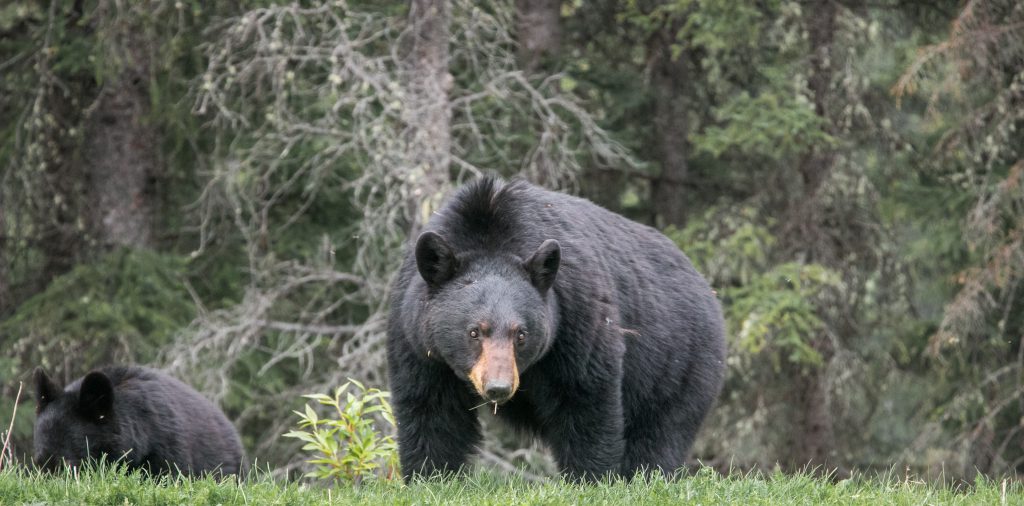
Category III is when bears are exhibiting normal behavior and not creating a threat to the safety of the public, including interactions with garbage, which are commonplace enough in the state that many people have bearproof garbage cans with screw-on lids.
Category II bears are nuisance bears that may return to the same areas repeatedly.
Category I bears threaten human safety, livestock, or property.
In New Jersey, reports of Category III bear encounters increased in 2020 by 78% from the previous year; Category II encounters, 73%; and Category I encounters, 24%. Biologists expect these numbers to continue to rise along with the unmanaged bear population. The delayed signature, and decision to void the season through a nondecision, flies in the face of best wildlife management practices. It will certainly also lead to more unpleasant bear-human interactions in the Garden State. We can only hope that science, not politics, will prevail and restore the bear hunt in New Jersey.

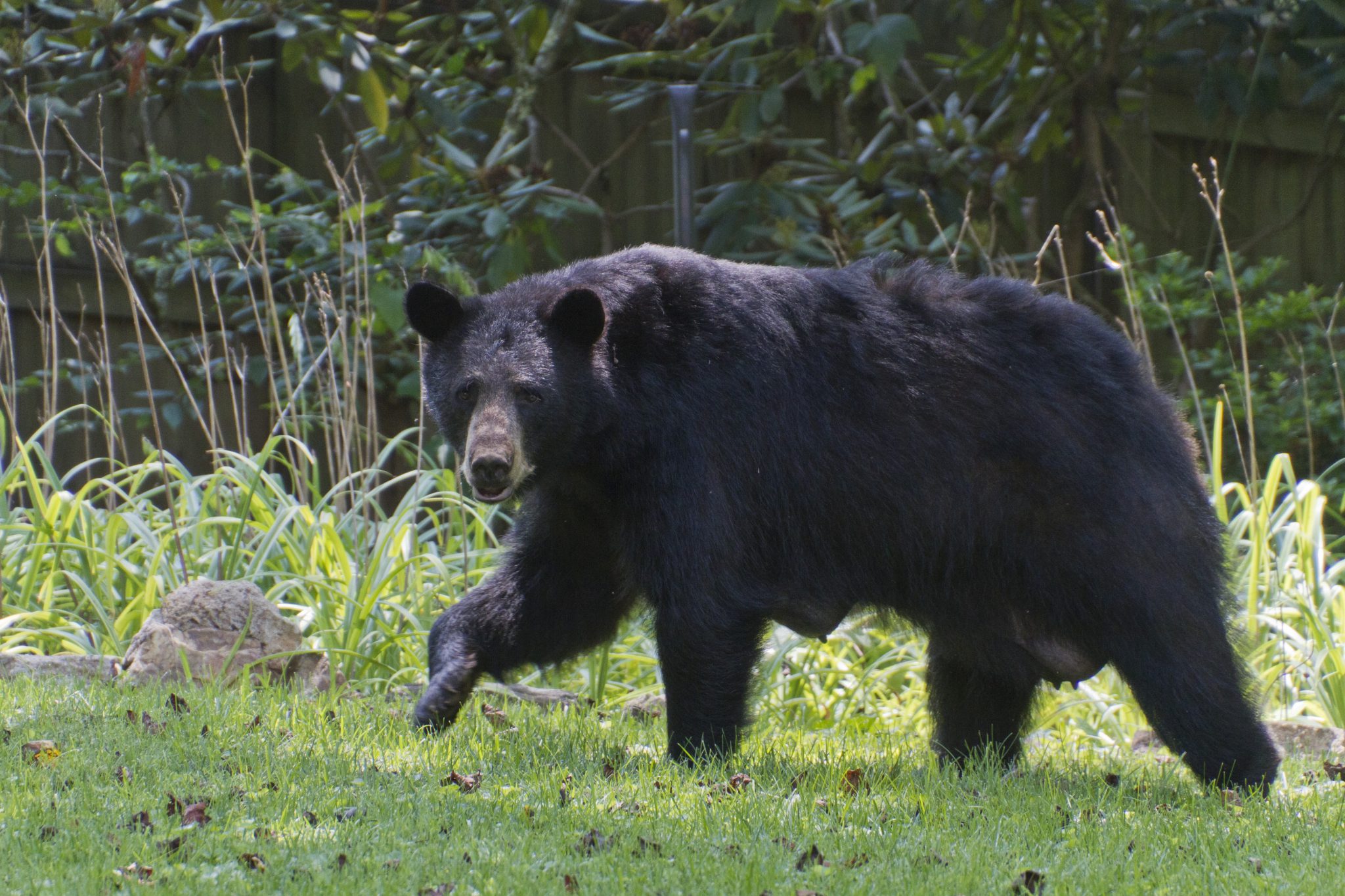

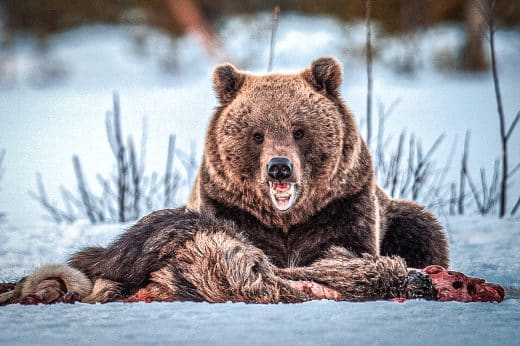

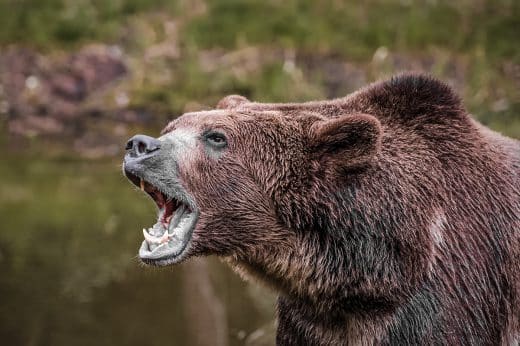


Ed burgholzer says
Great article Ben!